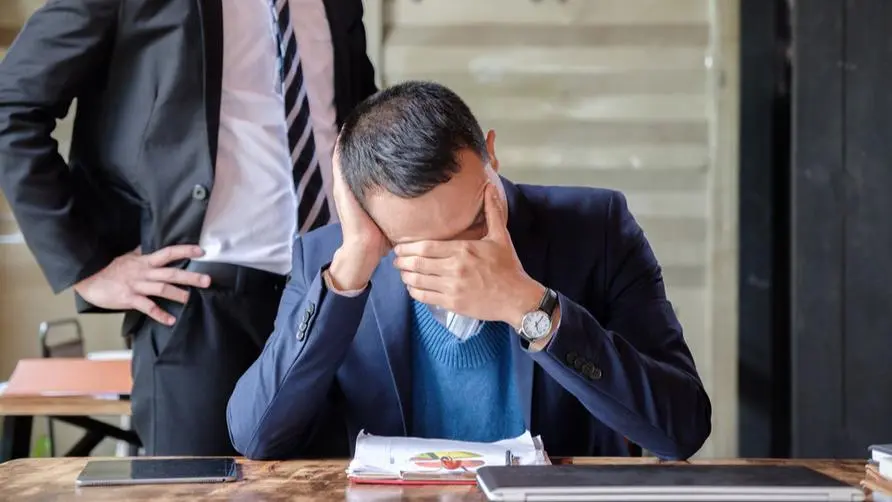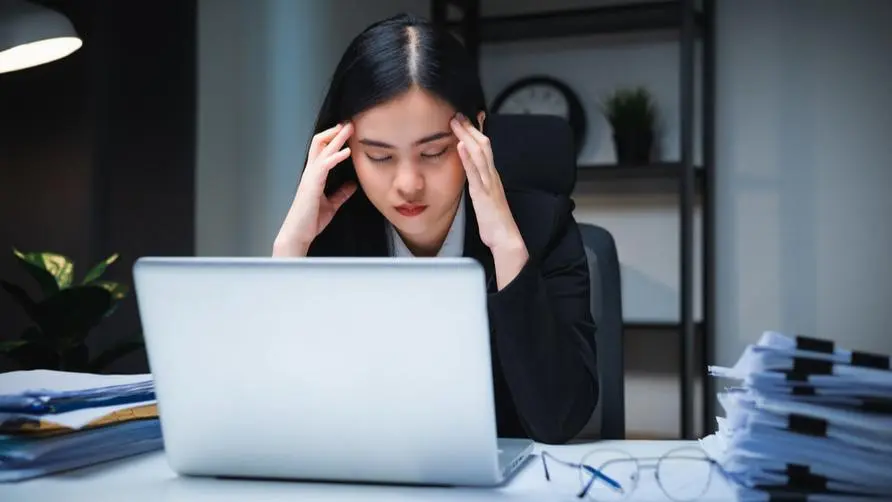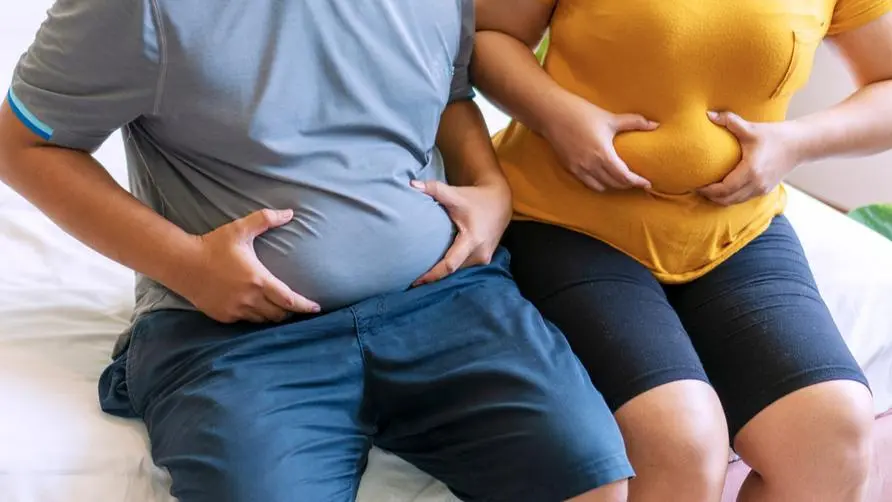During the epidemic, when you are stressed and in bad mood, "eating and drinking" to express your stress has terrible negative effects? Psychologists teach the correct way to reduce stress

The COVID-19 pandemic has completely changed the way many people live their lives. Especially during the period of home-based epidemic prevention, many people suffer from psychological pressure, physical tension and discomfort due to factors such as unstable economic conditions, disputes between family members, and uncertainty about the future of the epidemic. Psychologist Su Congqi, director of the Four Seasons Heart Psychological Consultation Center, said that when individuals are stressed due to various factors or are emotionally unstable, they are prone to “overeating” to relieve their mood, leading to “stress eating” and “emotional instability”. “Sexual eating” and other situations.
Overeating to gain a short-term “sense of healing” may lead to a vicious cycle of “stress obesity”
What is the difference between stress eating and emotional eating? Psychologist Su Congqi said that stress eating usually occurs “long-term” and “chronic”, often lasting more than a month. If the level 3 epidemic prevention alert is used as an example, when people are preventing the epidemic at home, they may still be somewhat restrained in their diet in the early stages. As the epidemic prevention time is extended, anxiety and loneliness will gradually appear due to the influence of stress hormones and autonomic nerves, and they may take advantage of the epidemic. Eating large amounts as a stress reliever.
In contrast, emotional eating often occurs more quickly. When an individual suddenly begins to eat, drink, or overeat due to their own psychological issues or emotional distress, and after consuming all the food or drinks, What followed was a strong sense of self-blame and guilt.
Psychologist Su Congqi explained that stress or emotional eating may occur due to a “compensatory” mentality. People feel irritable due to hard work at work, arguments with family members, or anxiety caused by the epidemic. Faced with many helpless situations, there is no normal channel for expression, so I have no choice but to “reward” myself through eating. Especially when stress or emotional eating occurs, it is easy to choose foods high in fat, salt or sugar. High-calorie foods stimulate the brain to secrete “dopamine”, giving individuals a sense of pleasure and relief from stress.
However, this “healing feeling” is usually very short-lived. Psychologist Su Congqi uses drugs as a metaphor. There will indeed be a strong pleasure at the beginning, but this pleasure will be fleeting, giving people a greater psychological gap. It’s easy to fall back into the vicious cycle of overeating again.
Psychologist Su Congqi pointed out that the processed food on the market today has a strong taste and makes people appetite. The price is that people’s taste is “super stimulated”. If the food is not delicious enough, additional spices or processed foods must be added to “eat it satisfactorily”. taste". This is why many people would rather give up healthy eating and turn to processed foods.
Irrational eating leads to weight gain. Habits can be changed through “dynamic and static” activities
How to deal with stress eating, or emotional eating? Psychologist Su Congqi said that there are two categories of methods that can be tried: “dynamic” and “static”. Dynamic methods such as yoga can help with physical and psychological balance and are a good way to exercise. Common aerobic and anaerobic exercises are also options. In addition, developing some fixed habits can divert attention from food and gain a sense of accomplishment from it. It is also recommended to have more contact with nature, such as mountain climbing and hiking, which are good ways to exercise and calm the mind.
In terms of static stress relief, psychologist Su Congqi recommends starting with the “five senses.” “Visual” can relieve stress by viewing commemorative “physical photos” and immerse yourself in the beautiful memories of the past. If you just look at the photos on your phone, because your eyes are sliding along the screen and your vision is wandering, it is actually easy to cause tension. Another way is to read, which can not only acquire new knowledge, but also help improve anxiety.
For the auditory part, psychologists recommend using crystal music, white noise or rain and other silent environmental sounds, which are closer to the “alpha wave” type, to achieve the effect of stabilizing emotions. The sense of smell can be enhanced through plant essential oils, such as lavender and citrus essential oils, which can increase concentration while working and also relax the body.
In terms of taste, start with food. It is recommended to eat more dark vegetables or bananas. Bananas contain “tryptophan”, which is converted into “serotonin” by the brain. Serotonin is one of the sources of happiness. If you are too stressed and want to eat to soothe your body and mind, you might as well eat processed foods. Change it to a banana, which can not only improve your mood but also take into account your health.
For the tactile part, psychologist Su Congqi believes that “massage” is a good way to relax the body and mind simultaneously. Whether you choose a massage in a health center after the lockdown is lifted, or use simple massage equipment to press the whole body at home, you can relieve tension. The shoulders and neck can be relaxed, which also reduces the burden on the mind.
Three steps to ease emotional ups and downs and reduce eating too many high-calorie foods
In addition to relieving physical and mental stress, you can also use lifestyle habits to relieve emotional ups and downs. Psychologist Su Congqi said that when you are emotionally unstable, you should take three steps: first, develop the habit of writing a diary and record the emotions you feel and the inspiration you think of every day; the second step is to try to clarify your eating habits. , record the content of three meals by taking photos and writing notes, so that you can be more conscious of your diet. Third, be prepared to use the concept of “atomic habits” that has been popular in recent years to gradually replace the processed foods that you originally liked to eat when you are emotional to foods that are more nutritious and better for your body through gradual adjustments. , you can reduce eating too many high-calorie foods.
Psychologist Su Congqi reminds that the above methods may not be suitable for everyone. For example, when writing a diary, some people may feel worse and worse as they recall bad past events. Therefore, if you encounter any unbreakable difficulties in stress or emotional eating, it is recommended to seek professional consultation with a psychologist to clarify the reasons for overeating, so that you can truly solve the problems of emotional eating and stress eating.





